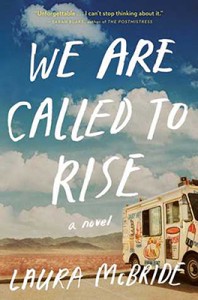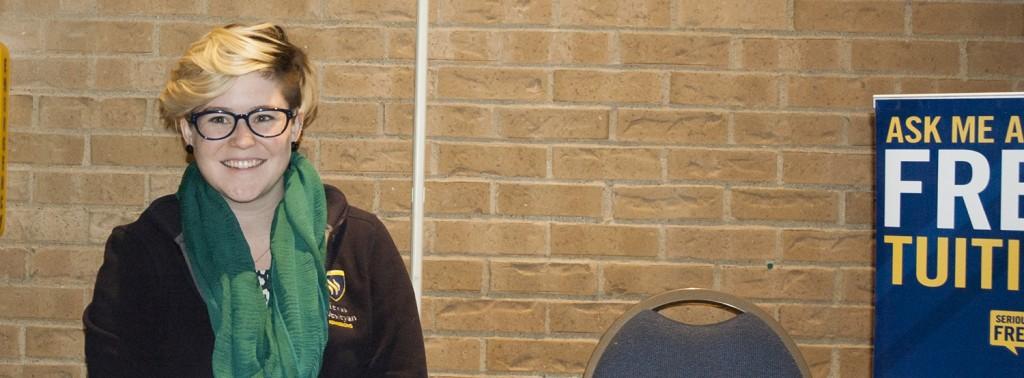By Matt Koper/ne news editor
Faculty and a student guest met to discuss a chapter of the book We Are Called to Rise by Laura McBride.
The book is told from four different perspectives. The faculty and student guest brought insight into the issues faced by characters in the book.
NE sociology instructor Cheryl North, who was once a court-appointed special advocate in Austin, discussed the child welfare system, the sociological perspective of the book and the way the character Roberta plays into that.

“From the child welfare perspective, the character Roberta is a court-appointed special advocate (CASA),” she said. “It was interesting to read the story and look at the solutions at the end because it does seem a little far-fetched at times. But also, that’s kind of what CASAs do is come up with a very creative solution to a situation that sometimes seems impossible.”
NE geology instructor David Sallee, who’s in charge of veterans affairs on NE Campus, spoke about the difficulties soldiers face after returning home from a tour of duty such as post-traumatic stress disorder and readjustment to civilian life, much like the character Nate in the book.
“The little bit of the story I’ve read you can see it,” he said. “You don’t have to be in combat to experience trauma and to have suffered post-traumatic stress. The characters in the book have told it accurately.”
NE philosophy instructor Mark Reed touched on truth and the way philosophers attempt to answer the question of truth, much like the young Albanian character Baskhim in the story.
“The character is very observant,” he said. “Then there’s this mention of Baba, his father, and Baba keeps coming up, and he’s not a nice guy. As you’re reading the chapter, you think ‘This is interesting, but who’s Baba?’”
Alba Halili, a NE Campus student and Albanian native, echoed the culture of Albania displayed in the book.
“In Albania, it is or was probably a patriarchal society, so the man had the word,” she said. “He could pretty much do or say whatever he wanted. Everybody in the family had to obey to him. And the chapter we read from Baba also, one of the sentences was like, ‘When Baba is happy, everybody’s happy.’”
NE psychology instructor Yvonne McCoy, who has worked with abused children, explored the causes of misplaced anger and abuse that occur with Baba.
“Abuse occurs in families with poor communication. That’s the bottom line,” she said. “And part of his poor line of communication might be his [Baba’s] post-traumatic stress from not being able to deal with what he’d seen.”
McBride will discuss and read excerpts from her book 7-8 p.m. April 8 in the Larry Darlage Center Corner on NE as part of Living Literature.


























